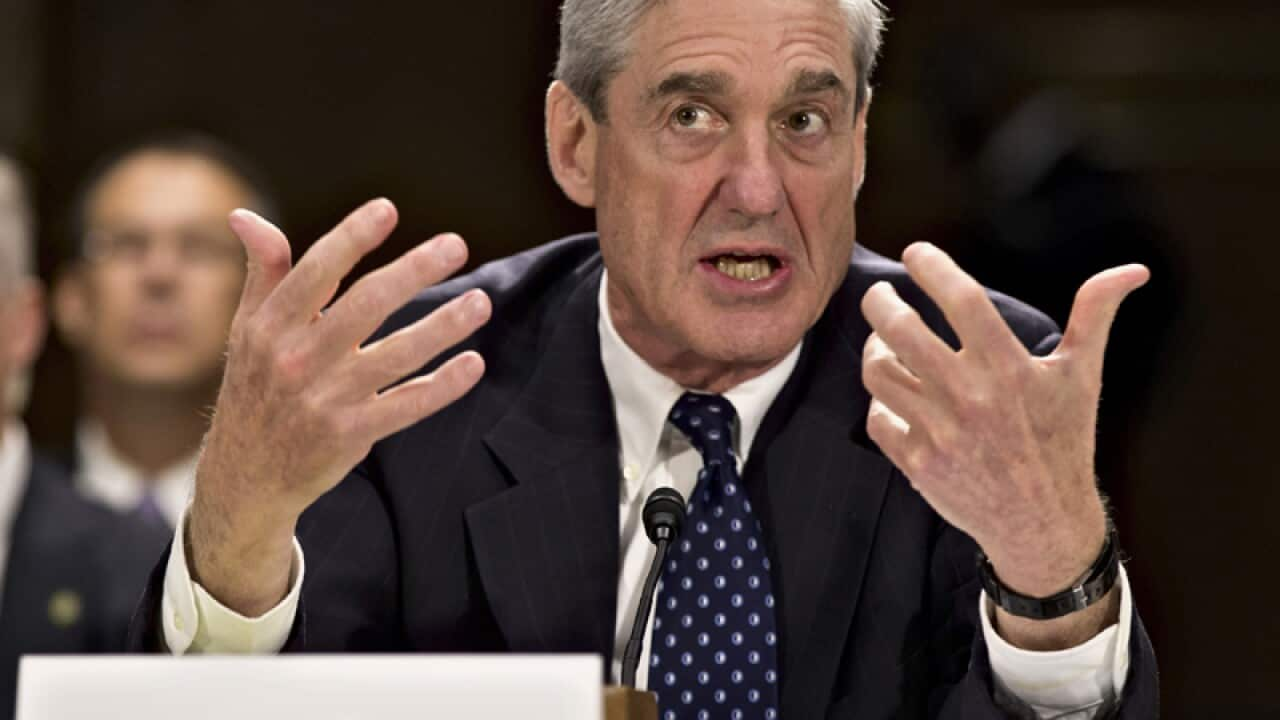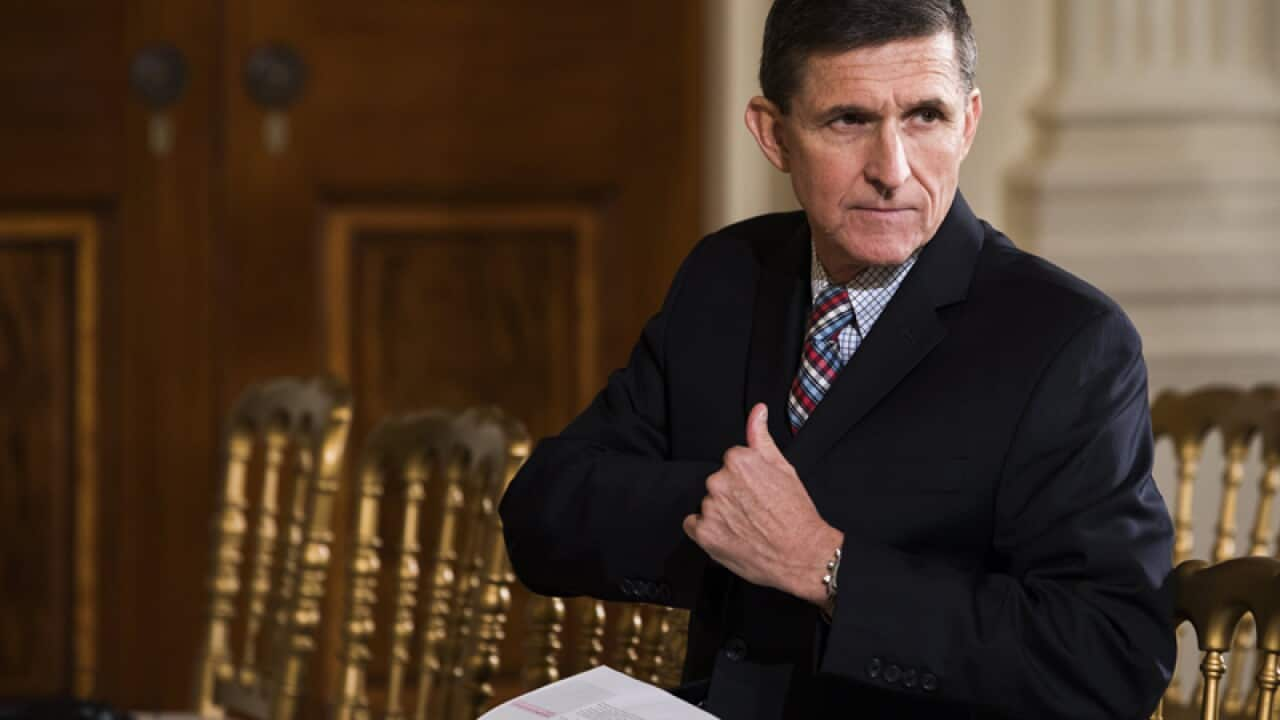Flynn will invoke his Fifth Amendment protection against self-incrimination, according to multiple media reports on Monday, citing sources close to Flynn.
The retired lieutenant general, a key witness in the Russia probe, planned to inform the panel of his decision later on Monday, the reports said.
Flynn's lawyer did not return requests for comment.
The Senate Intelligence Committee is conducting one of the main congressional probes of alleged Russian meddling in the U.S. presidential election and whether there was any collusion between President Donald Trump’s campaign and Russia.
Related reading

Ex-FBI boss to lead Trump-Russia probe
The committee first requested documents from Flynn in an April 28 letter, but he declined to cooperate with the request.
Then it issued a subpoena.
It was not clear what the committee would do if Flynn decided not to comply.
Senator James Lankford, a Republican member of the intelligence committee, said on Twitter Flynn was within his rights to invoke the Fifth Amendment of the U.S. Constitution.
“We will get to the truth one way or another,” he said on Twitter. “We need facts, not speculation & anonymous sources.”
Congress has the constitutional authority to enforce a subpoena.
A Congressional Research Service report has outlined three main options: seeking criminal prosecution through the executive branch, asking the courts for a civil judgment or using a dormant power of "inherent contempt" to detain and imprison an individual.
The latter option has not been used in 75 years, it said, with Congress more often relying on the criminal contempt statute in recent years.
The U.S. intelligence community concluded in January that Moscow tried to sway the November vote in Trump's favor. Russia has denied involvement, and Trump insists he won fair and square.
Flynn was forced to resign in February, after less than a month on the job, for failing to disclose the content of his talks with Sergei Kislyak, Russia's ambassador to the United States, and then misleading Vice President Mike Pence about the conversations.
Reuters reported on Thursday that Flynn and other advisers to Trump’s campaign were in contact with Russian officials and others with Kremlin ties in at least 18 calls and emails during the last seven months of the U.S. presidential race.
Flynn has acknowledged being a paid consultant to the Turkish government during the campaign.












